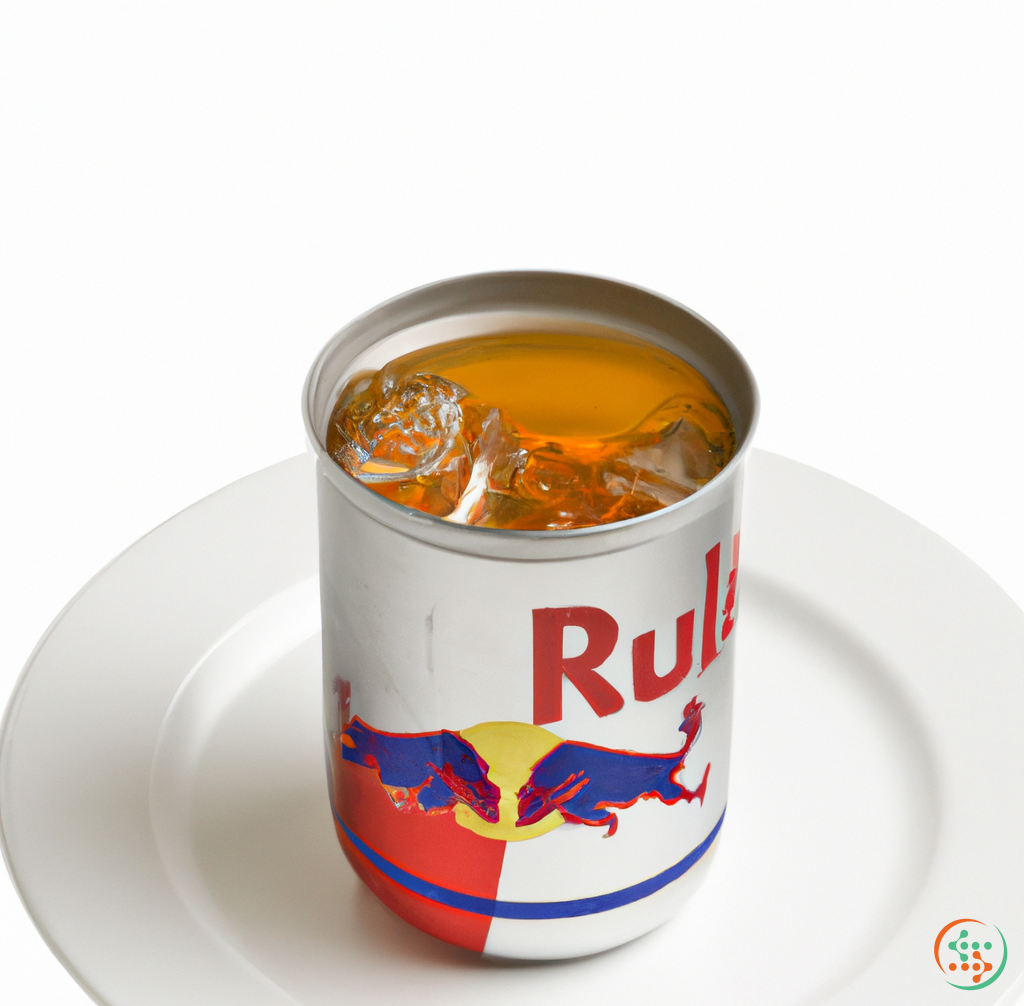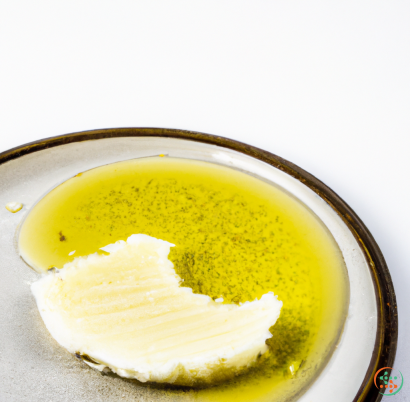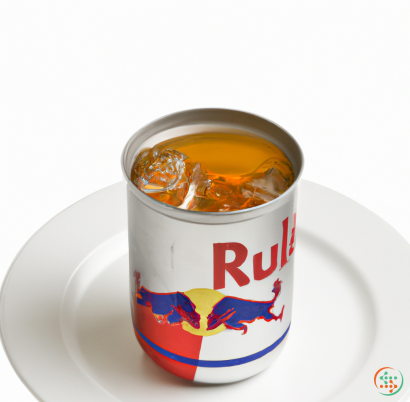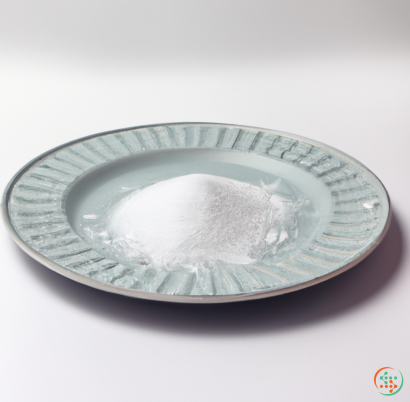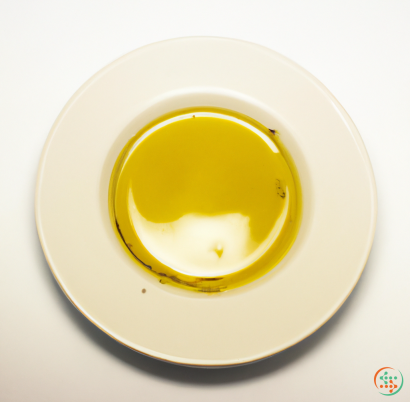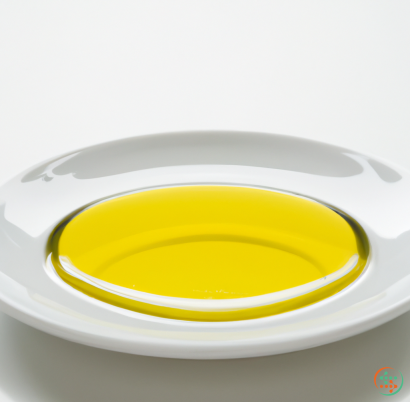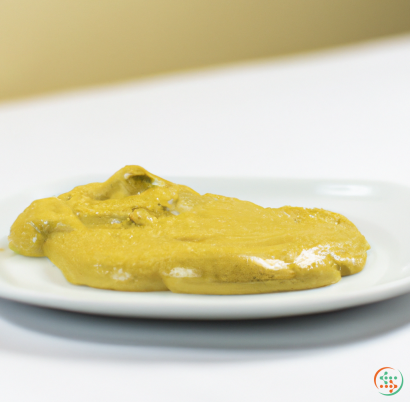Red Bull Energy Drink
When people need a little extra energy in their day, they often turn to Red Bull. The popular energy drink has been around since the 1980s and continues to be a popular choice for many when they need a boost. But what exactly is a Red Bull energy drink, and does it really give you wings? Here’s a closer look.
At its core, a Red Bull energy drink is simply a caffeinated soft drink formulated with various added ingredients. These ingredients are used to enhance its energizing properties, as well as its taste. The exact ingredients of a Red Bull energy drink will vary based on the type of drink and where it’s produced, but common ingredients include caffeine, taurine, carbohydrates, B vitamins, and sucrose.
Caffeine is the main source of energy for Red Bull and most other energy drinks. It’s a well-known stimulant, and the average 8.4-ounce can of Red Bull contains 80 milligrams of caffeine, which is slightly less than a cup of coffee.
Taurine is actually an amino acid, but it has been added to energy drinks because it’s believed to play a role in improving physical performance, especially during strenuous activities. The carbohydrates in Red Bull provide an additional source of energy, and this is primarily the reason why the great majority of energy drinks contain sugar or some other form of carbohydrates.
B vitamins such as B6 and B12 are added to Red Bull because they are believed to help the body convert food into energy more efficiently. Finally, sucrose is included in the formula as it helps enhance the drink’s flavor.
Red Bull’s effects on the body depend on how much of it you consume. If taken in moderation, Red Bull can give you a mild boost of energy, mainly due to the caffeine content. But if you take too much, it can lead to a “caffeine crash” later on. What’s more, while there is no scientific evidence to support it, some people believe that Red Bull energy drinks can also cause adverse health effects, such as increased heart rate, high blood pressure, and stomach issues.
Although originally created with athletes in mind, Red Bull has become one of the most popular energy drinks on the market, with millions of cans consumed around the world each day. It’s often used as an alternative to coffee, tea, or soda, and is usually treated as an “occasional treat.”
So, does Red Bull really give you wings? While Red Bull may not give you literal wings, it definitely has the potential to give you that extra boost you need when you’re feeling tired or lethargic. All in all, Red Bull is a convenient way to get a quick pick-me-up, but always remember to drink it in moderation and consult your doctor before making it a regular part of your diet.
Energy drinks are becoming increasingly popular, with more and more people wanting to add them to their daily eating routines. The Red Bull energy drink has seen a particularly steep rise in popularity in recent years, and its iconic blue and silver logo can now be found in the fridges of many cafes, restaurants and supermarkets around the world. But what does it take to make a Red Bull energy drink, and how does it go from being a liquid in a can to a delicious part of a wholesome dinner?
There are a few key steps involved in getting a Red Bull energy drink to your plate. In this post, we'll explore each of these processes, looking at the manufacturing, packaging and shipping mechanisms that come together to bring you a can of this delicious beverage.
Let's start right at the beginning, with the raw ingredients and how they are sourced. Red Bull sources their ingredients from all over the world, and they employ strict quality control standards to ensure that only the best and freshest ingredients are used in their energy drinks. The primary ingredients in a traditional Red Bull can are water, sucrose, glucose, taurine, caffeine, inositol, and vitamin B- complex. These ingredients vary depending on the country of manufacture, but all of them play important roles in providing vital nutrients, improving mental alertness and increasing energy levels.
The next step is the formulation of the drink. This involves combining the ingredients in the correct quantities to ensure the perfect mix of taste, sweetness, and nutritional value. The ratio of ingredients used can vary depending on the country and preferences of the customer, but the essential building blocks for a traditional Red Bull energy drink remain the same. The formulation process also involves adding the correct amount of carbon dioxide to the mix in order to add the characteristic fizz which makes energy drinks so enjoyable.
Once the energy drink has been formulated, it is then bottled and canned. Red Bull cans their products in recyclable aluminium cans which are lightweight and provide an excellent barrier against air and light. This helps to keep the energy drink fresh, so that it can retain its vibrant taste and colouring until it reaches the customer. Red Bull also provides bottles made from plastic to accommodate different preferences or provide a better seal against air and light.
After the energy drink has been packaged, it is shipped to warehouses and distribution centers across the globe. Red Bull takes advantage of both land and sea routes for transportation, using a mix of trucks, ships, and air freight to ensure fast delivery and minimum impact on the environment. The company pays close attention to the temperature and humidity of the cargo holds, in order to keep the energy drink fresh during its travels. Once the energy drink has been shipped, it is ready to be moved to stores and supermarkets.
At the store, the energy drink is placed on shelves where it is typically stored at temperatures around 8-11 °C. This helps keep the energy drink tasting fresh and ensures that the carbon dioxide stays dissolved until it's opened. When customers see a can they like, they take it to the check out and purchase it.
Now that the energy drink is in the customer's hands, the only thing left to do is to prepare it for consumption. This can vary depending on personal preferences: some customers may want to add fruit or mixers to the energy drink, while others may opt to drink it straight from the can. Regardless of how it is prepared, the energy drink is now ready to be served.
All the steps and processes discussed in this post come together to get the energy drink from a bottle in a factory all the way to a customer's dinner plate. It's a complex journey that involves several steps and complex processes to ensure that the energy drink reaches its destination fresh and tasting great. Red Bull takes pride in its commitment to creating an energy drink that is enjoyable and nutritious, and thanks to their attention to detail and reliable shipping methods, their product reliably reaches customers all around the world in perfect condition, ready to be enjoyed and appreciated.
| Vitamin B1 | 0.04 mg | |
| Vitamin B2 | 0.1 mg | |
| Vitamin B3 | 0.00983 grams | |
| Vitamin B4 | 0.3 mg | |
| Vitamin B5 | 0.00154 grams | |
| Vitamin B6 | 0.00217 grams | |
| Vitamin B12 | 0.00197 mg |
| Calcium | 0.006 grams |
Daily Value 1.3 g
|
| Iron | 0.06 mg |
Daily Value 0.018 g
|
| Magnesium | 0.019 grams |
Daily Value 0.4 g
|
| Potassium | 0.003 grams |
Daily Value 4.7 g
|
| Sodium | 0.039 grams |
Daily Value 2.3 g
|
| Zinc | 0.01 mg |
Daily Value 0.011 g
|
| Manganese | 0.01 mg |
Daily Value 0.0023 g
|
| Selenium | 0.2 ug |
Daily Value 0.055 mg
|
| Glucose | 3.4 grams |
|
| Fructose | 1.63 grams |
|
| Sucrose | 5.19 grams |
|
| Total Sugars | 10.2 grams |
per 100g
|
